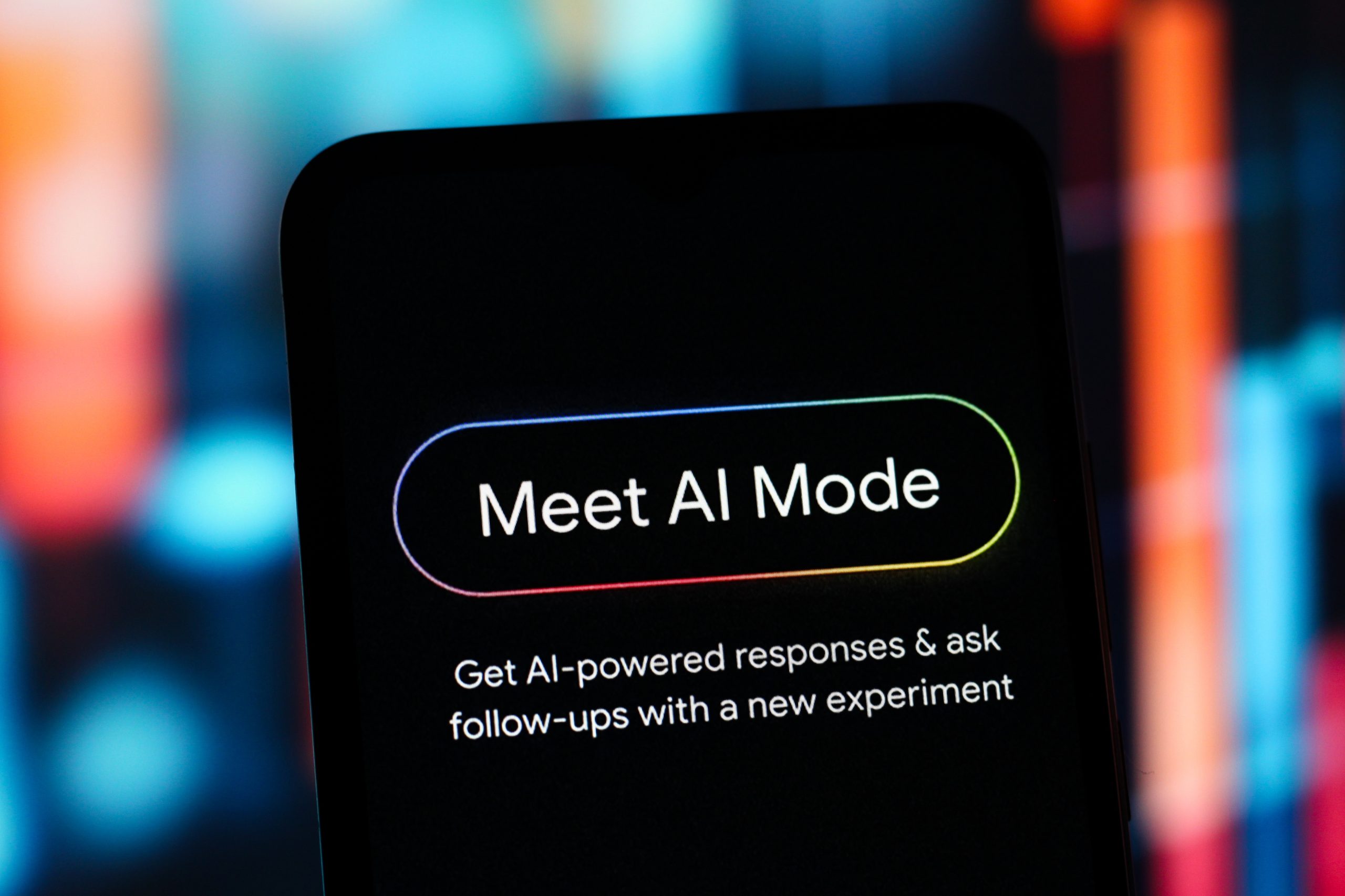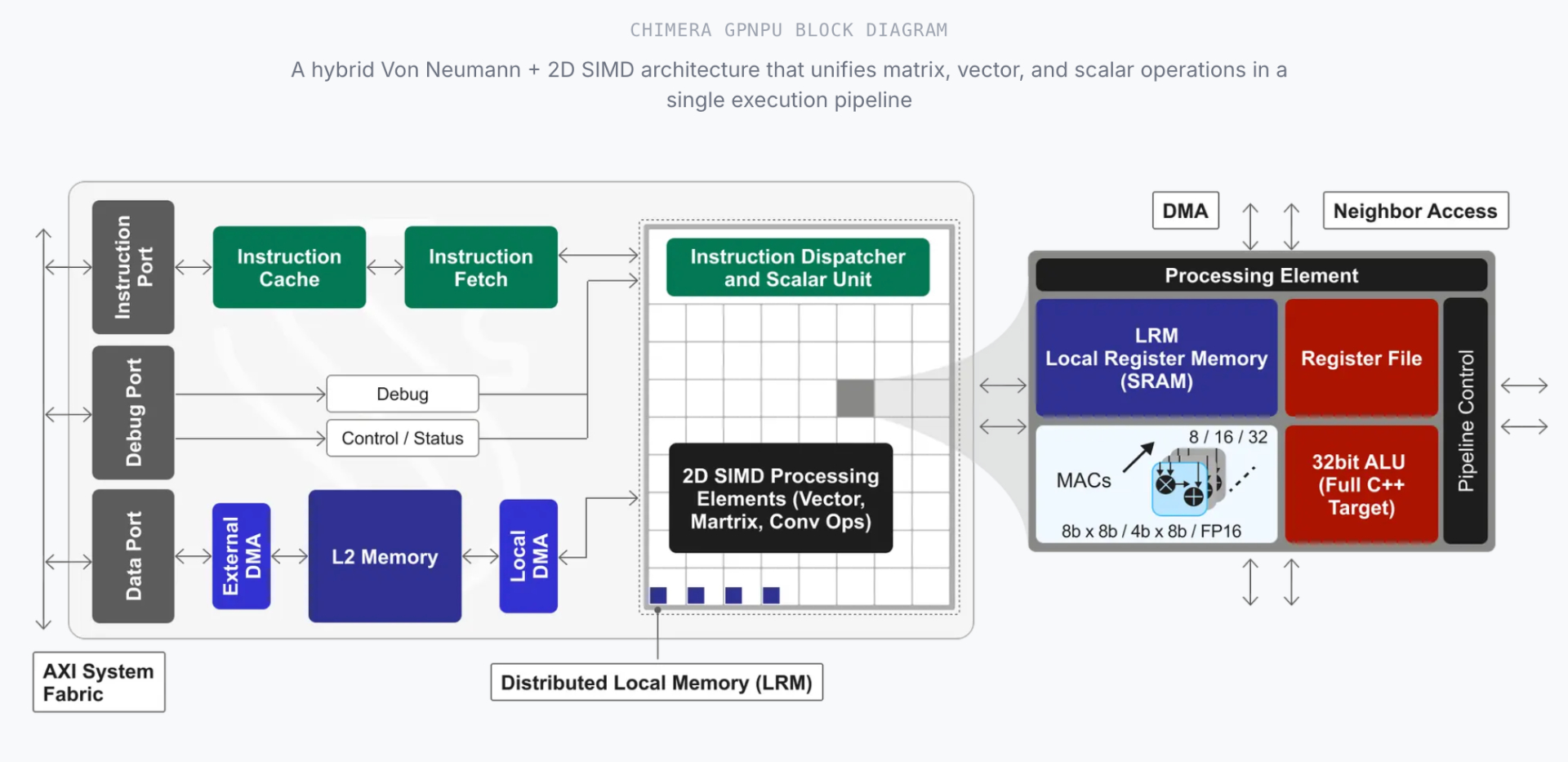
Rivian, the electric vehicle manufacturer known for its distinctive trucks and SUVs, has broadened its strategic scope with the establishment of Mind Robotics, an industrial artificial intelligence and robotics enterprise. This new venture, which has successfully secured approximately $110 million in external seed capital, marks Rivian’s second significant spinoff company within the current year. The move signals a deliberate expansion beyond its core automotive manufacturing into adjacent, high-growth technology sectors, leveraging the foundational innovations developed within its own advanced production facilities.
A Strategic Pivot Towards Diversification
Rivian’s journey began with an ambitious vision to redefine sustainable mobility, initially focusing on adventure-oriented electric trucks and SUVs like the R1T and R1S, alongside purpose-built electric delivery vans (EDVs) for commercial partners such as Amazon. Founded in 2009 by RJ Scaringe, the company spent years in stealth development before unveiling its products to critical acclaim. Its public debut in 2021 with one of the largest IPOs in history underscored investor confidence in its potential to challenge established automotive giants. However, like many burgeoning manufacturers, Rivian has navigated a complex landscape of production ramp-ups, supply chain challenges, and intense competition in the rapidly evolving electric vehicle market.
The decision to spin off internal divisions into independent entities represents a strategic evolution for Rivian. This approach allows the parent company to maintain a sharp focus on its primary mission of designing, manufacturing, and delivering electric vehicles, while simultaneously unlocking the value of its specialized technological advancements. By creating standalone companies, Rivian can attract dedicated external investment, foster distinct corporate cultures, and pursue diverse market opportunities that might otherwise dilute its core automotive brand. This strategy mirrors a trend seen across various industries, where large corporations create agile subsidiaries to explore new frontiers without the bureaucratic constraints of the larger entity. The first such move earlier this year was the launch of Also Inc. in March, a micromobility startup focused on e-bikes and other personal transport solutions, which also secured significant external funding.
Unpacking Mind Robotics: Industrial AI and Automation
Mind Robotics is positioned to revolutionize how physical world businesses operate by deploying advanced industrial AI. According to Rivian’s third-quarter shareholder letter, the company will "leverage Rivian operations data as the foundation for a robotics data flywheel." This somewhat technical description points to a sophisticated strategy: utilizing the vast amounts of operational data generated from Rivian’s highly automated manufacturing plants to train, refine, and continuously improve AI-powered robotic systems.
Industrial AI, in this context, refers to the application of artificial intelligence techniques—such as machine learning, computer vision, and predictive analytics—to optimize and automate processes within industrial environments like factories, warehouses, and logistics centers. This could encompass a wide range of applications:
- Assembly Line Optimization: AI algorithms can analyze production data to identify bottlenecks, predict equipment failures, and suggest real-time adjustments to maximize throughput and efficiency.
- Quality Control: Computer vision systems powered by AI can inspect products with unparalleled precision, detecting minute defects that human eyes might miss, ensuring consistent quality.
- Predictive Maintenance: By analyzing sensor data from machinery, AI can forecast when equipment is likely to fail, enabling proactive maintenance that minimizes downtime and extends asset lifespans.
- Warehouse and Logistics Automation: Autonomous mobile robots (AMRs) guided by AI can navigate complex warehouse layouts, pick and transport goods, and optimize storage, significantly enhancing supply chain efficiency.
- Human-Robot Collaboration: AI can facilitate safer and more efficient interactions between human workers and robots, allowing for collaborative tasks that leverage the strengths of both.
The concept of a "robotics data flywheel" suggests a self-reinforcing loop. Data collected from Rivian’s real-world manufacturing operations—everything from robot movements and sensor readings to production metrics and quality control results—will feed into Mind Robotics’ AI models. These models will then generate improved algorithms and operational strategies for the robots, which, when implemented, will generate even more refined data, thus accelerating the learning and optimization process. This continuous cycle promises to yield increasingly intelligent and efficient robotic systems, initially benefiting Rivian’s own production lines and eventually offering solutions to a broader industrial clientele.
The Investment Landscape and Key Players
The successful securing of $110 million in external seed capital underscores significant investor confidence in Mind Robotics’ potential. While Rivian did not immediately disclose the full list of investors, a trademark application filed with the U.S. Patent and Trademark Office on Monday, November 3, 2025, provides crucial insight. The application lists Jiten Behl, a partner at Eclipse Ventures, as a signatory for Mind Robotics, with Eclipse’s Palo Alto headquarters cited as the corporate address.
Eclipse Ventures is a prominent venture capital firm with a strong focus on industrial technology, often referred to as "full-stack" companies that integrate hardware, software, and services to transform traditional industries. Their involvement signals not only a substantial financial backing but also strategic guidance and access to a network experienced in scaling complex industrial solutions. Eclipse’s prior involvement in Rivian’s first spinoff, Also Inc., further solidifies their role as a key strategic partner in Rivian’s diversification efforts. The firm’s expertise in deep tech and industrial automation positions Mind Robotics for a robust entry into a competitive market.
This investment highlights the broader trend of venture capital flowing into AI and robotics. Investors are increasingly seeking opportunities in sectors that promise to revolutionize foundational industries, driven by the potential for massive efficiency gains, cost reductions, and the creation of entirely new business models. The confluence of advanced AI, improved sensor technology, and more capable robotic hardware has created fertile ground for innovation and significant financial backing.
A Flourishing Field: The Robotics and AI Ecosystem
The launch of Mind Robotics places Rivian firmly in an increasingly competitive and rapidly evolving technology landscape. Robotics and industrial AI are among the hottest areas for investment and development, drawing significant attention from both established corporations and nimble startups. The global industrial robotics market, already substantial, is projected to grow exponentially, driven by increasing automation demands, labor shortages, and the pursuit of manufacturing resilience.
Major players are actively investing in this space. Tesla, for instance, has publicly showcased its humanoid robot, Optimus, with ambitions to deploy it in manufacturing and beyond. General Motors is also developing its own robotics and AI division, recognizing the transformative potential of these technologies for its future production and operational efficiencies. Beyond automotive, specialized robotics companies like Boston Dynamics (known for its Spot and Atlas robots), and traditional industrial automation giants such as ABB, KUKA, and Fanuc, continue to innovate, offering sophisticated solutions for various manufacturing and logistics challenges. The emergence of more adaptable and intelligent robots, often powered by advanced AI, is reshaping factory floors, warehouses, and even last-mile delivery.
The increasing sophistication of AI models, coupled with advancements in sensor technology and robotic manipulation, is enabling automation solutions that are more flexible, safer, and capable of handling complex, unstructured tasks. This "race" for AI and automation dominance is not just about producing more units; it’s about fundamentally rethinking the entire value chain, from design and procurement to manufacturing, distribution, and service.
Potential Impacts: Economic, Social, and Operational
The rise of advanced industrial AI and robotics, championed by entities like Mind Robotics, carries significant implications across economic, social, and operational dimensions.
- Economic Impact: The primary economic driver is enhanced productivity and efficiency. Automated systems can operate 24/7 with minimal errors, leading to higher output, reduced waste, and lower production costs. This can make industries more competitive globally, potentially fostering new economic growth sectors centered around AI development, robotics engineering, and automation services. For companies like Rivian, it means potentially achieving higher margins and faster production scales.
- Operational Impact: For manufacturing, this translates to greater precision, consistency, and safety. Robots can perform dangerous or repetitive tasks, reducing workplace injuries and freeing human workers for more complex, cognitive roles. AI-driven systems can also enable unprecedented levels of customization and flexibility in production, allowing manufacturers to respond more quickly to market demands.
- Social and Labor Impact: The most debated aspect of increasing automation is its effect on employment. While some argue that robots will displace human jobs, others contend that automation creates new, higher-skilled positions in areas like robot maintenance, AI programming, and system integration. The transition will likely necessitate significant investments in workforce reskilling and education to prepare the labor force for an automated future. There’s also a cultural shift to consider, as societies adapt to increasingly automated environments and the evolving relationship between humans and machines in the workplace. Ethical considerations surrounding AI decision-making, data privacy, and accountability in autonomous systems will also become increasingly prominent.
From Internal Innovation to Independent Entity
The question of whether Rivian employees will transition to Mind Robotics, mirroring the pattern seen with Also Inc., remains officially unanswered. However, Rivian’s CEO, RJ Scaringe, hinted at this possibility in the shareholder letter, stating, "With our strong bench of technology talent and an innovation-driven culture, we have been able to identify additional areas of value to accelerate our mission on a wider scale while maintaining Rivian’s focus." This suggests a strategic reallocation of internal talent and intellectual property to maximize their impact.
The advantages of operating as a standalone entity are numerous. Mind Robotics can cultivate its own distinct corporate culture, unburdened by the complexities of a large automotive manufacturer. It can pursue its own strategic partnerships, attract specialized talent in AI and robotics, and move with greater agility in a rapidly changing technological landscape. Furthermore, securing external funding allows Mind Robotics to grow without directly drawing capital away from Rivian’s core EV development and production efforts. The primary challenges for this new startup will include establishing its market identity beyond its parent company, demonstrating the commercial viability of its solutions to external clients, and scaling its operations effectively.
The Road Ahead for Mind Robotics
Currently, beyond the official announcement and the trademark application, Mind Robotics maintains a minimal public digital footprint. The trademark application itself is notably broad, covering an extensive range of potential applications from machinery and vehicles to more niche uses, indicating a wide-ranging ambition rather than a narrowly defined product. This initial ambiguity is common for nascent ventures, allowing for flexibility as the company refines its offerings.
Over the coming months, more details are expected to emerge regarding Mind Robotics’ specific product roadmap, key leadership appointments, and initial pilot projects. The expectation is that Mind Robotics will first apply its innovations to enhance Rivian’s own manufacturing processes, serving as an internal testbed and proving ground. Following successful internal deployment, the company could then offer its advanced industrial AI and robotics solutions to other manufacturers and logistics companies, potentially establishing itself as a significant player in the broader industrial automation market.
Rivian’s strategic move into industrial AI and robotics through Mind Robotics represents a bold step towards diversifying its business portfolio and leveraging its deep technological expertise. It underscores a broader industry trend where innovation cultivated within one sector can be spun out to create new ventures, potentially reshaping how various industries operate. As Mind Robotics begins its journey, its progress will be closely watched as a bellwether for the future of intelligent automation in the physical world.








